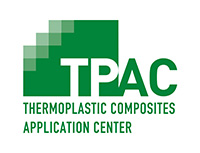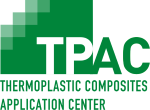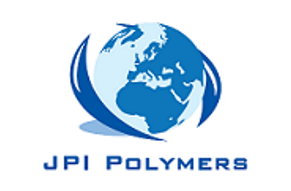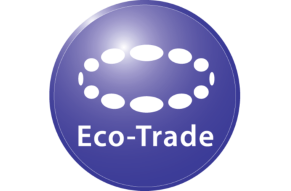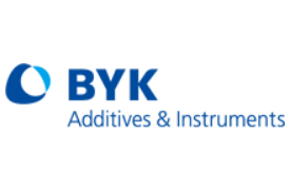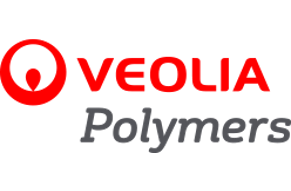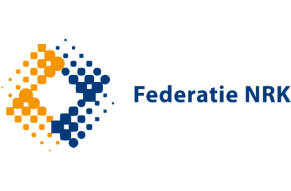FIBREREC
Summary
Thermoplastics are relatively inexpensive, lightweight and durable materials, which can be readily moulded into various products. The largest amount of PP and PE is found in non-structural applications such as packaging and electronics. One advantage of thermoplastics is their recyclability and reprocessability. In 2014 approximately 50% of the collected 474.000 tons of plastic packaging in the Netherlands was recycled, the rest was incinerated or dumped in landfills. In general recyclates have poorer properties and thus often a lower market value. Hence many applications are still made of virgin materials.
The industrial interest in continuous fibre reinforced thermoplastic composites, particularly in the aerospace and automotive sector, is constantly increasing. In a composite material the fibres typically provide stiffness and strength, whereas the polymer ensures shape, load transfer, chemical resistance and appearance. By locally stiffening thermoplastic products the material thickness can be reduced, which results in less material needed and energy savings due to shorter heating/cooling times. Previous projects showed that composite tapes can be produced from PP recyclates, and that weakening in recycled polymer parts due to contaminations can be compensated by using tape inserts.
The FIBREREC project aims at answering the following research questions:
- Can continuous fibre reinforced composite tapes be produced from other recyclates (rTapes), such as PE and PET?
- What are the possibilities for rTapes in injection moulded and rotational moulded parts?
- Can rTapes be used in series production of parts from recyclates?
Project partners
Comptape B.V., Kunststof Recycling Van Werven B.V., BYK Netherlands B.V., Veolia B.V., EcoTradeMNB B.V., Zweva B.V., JPI polymers B.V., NRK
Duration
01/06/2018 – 30/04/2021
Funding
RAAK-MKB subsidy, financed by Regieorgaan SIA, part of the Netherlands Organization for Scientific Research (NWO)
